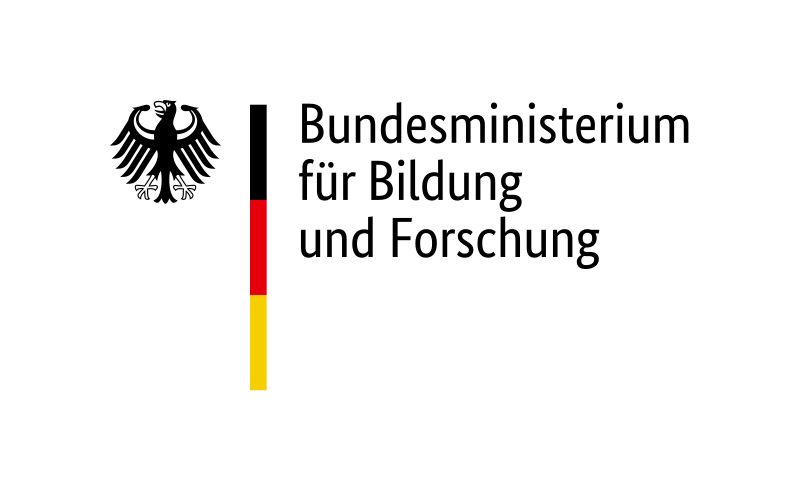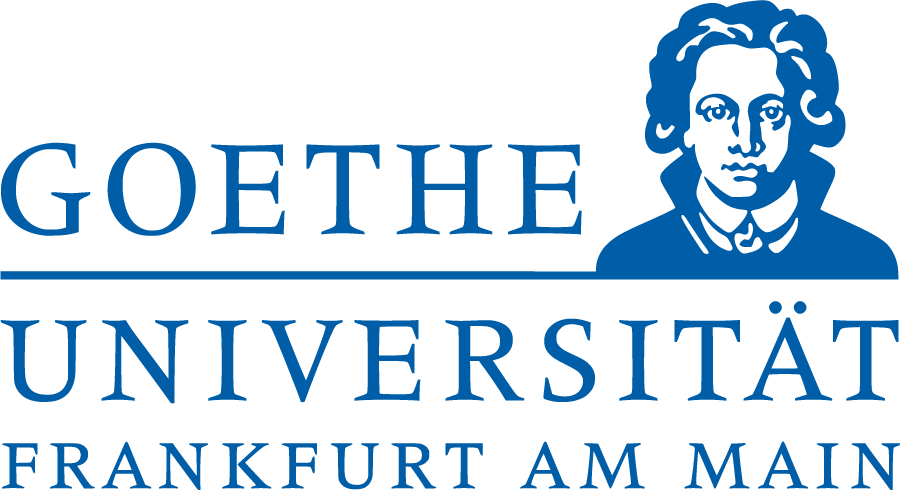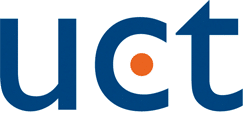The notion that chronic inflammatory diseases are associated with an elevated risk of tumorigenesis and Rudolf Virchow’s findings in the late 19th century when he described the high frequency of leucocytes in tumor areas led the basis for genetic studies specifically examining the links between inflammation and cancer that had initially been proposed more than two thousand years ago. Only during the last decade yet with a steadily increasing pace in the most recent years, clear evidence has been gathered about the underlying molecular mechanisms that could prove the existence of such connection. Thus, by now the link between inflammation and cancer is undisputedly accepted and it has become evident that an inflammatory microenvironment is an essential component of basically all tumors including those for which a direct causal relationship to chronic inflammation has not been proven yet.
The tumor microenvironment is comprised of tumor cells, fibroblasts, endothelial cells as well as cells of the innate (macrophages, neutrophils, mast cells, myeloid derived suppressor cells, dendritic cells and NK cells) and adaptive immune system (T and B cells). These cells communicate and act in an autocrine and paracrine manner on each other, which keeps the cytokine milieu in a finely tuned balance. It is the expression of various immune mediators as well as the abundance of certain cell types in the tumor microenvironment that decides in whether tumor-mediated immunosuppression promoting tumor growth or whether anti-tumor immunity leading to tumor cell elimination prevails.
Our research intends to dissect the cellular and molecular changes in the tumor microenvironment that support gastrointestinal tumor growth. Using conditional knockout technology we functionally examine key signal transduction pathways in various cell types of the tumor microenvironment.
We are using well characterized autochthonous tumor models to (i) focus on the molecular pathogenesis, (ii) the establishment and further development of imaging modalities to improve diagnostic capacity and (iii) to evaluate pre-clinical therapeutic studies using novel compounds as well novel combinations of already clinically approved compounds. Finally, we aim to translate our basic research into clinical applications in close collaboration with our clinical partners at the University Hospital.










